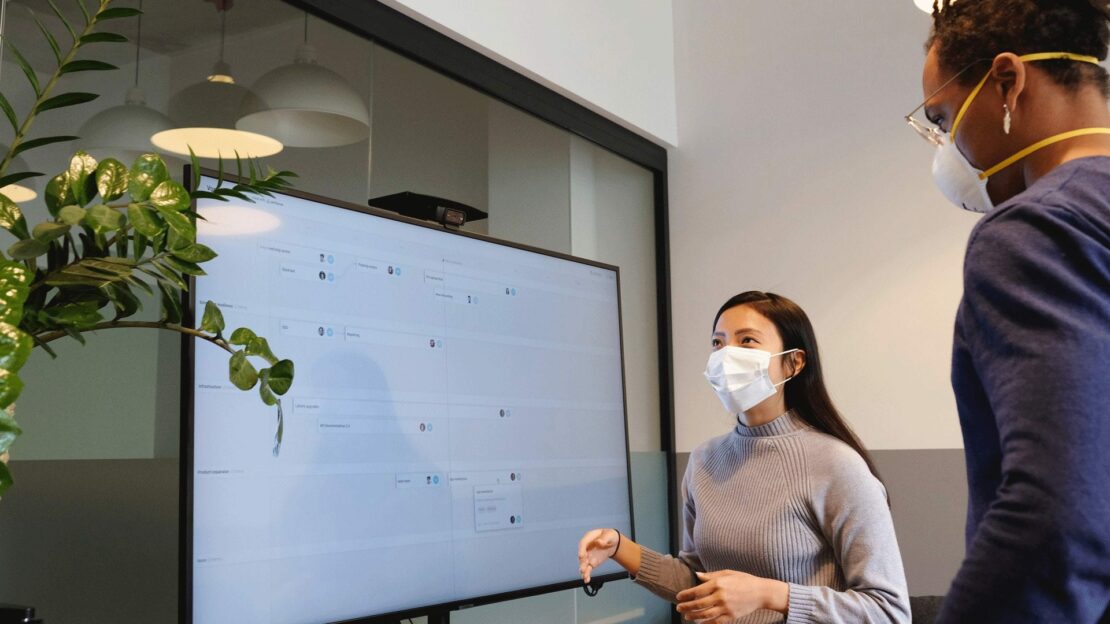Global health: is it time to shine?
octubre 6th, 2023
Throughout history, global movements to tackle the world’s oldest and deadliest diseases have struggled to cut through individual country apathy. So, it may have been a surprise to many when a new disease arrived that immediately grabbed the attention of every national leader around the world.
To add insult to injury, not only has COVID-19 ravaged countries’ health systems, it has also potentially jeopardised the fight against many global health issues – from malaria to cancer – threatening years of hard-fought progress.
Yet now, perhaps for the first time in living memory, global health has become, well, a truly global issue. Disease doesn’t respect borders and good population health affects us all, regardless of where we live in the world. With the arrival of COVID-19, countries big and small have recognised the crucial need for global health infrastructure and the value of organisations like the WHO to protect life as we know it. As Bill and Melinda Gates put it, 2020 was “the year global health went local”. The risks that disease and poor health pose to the global economy and our futures is clearer than ever – and governments are taking note.
Just last week, the U.K. government announced the formation of a new global health directorate in the Foreign and Commonwealth Development Office. According to The Telegraph, while priorities for the newly formed unit include the COVID-19 pandemic and supporting the World Health Organization, the team will also look at broader issues including maternal mortality, nutrition, sanitation and reproductive health. For Britain at least, global health presents an opportunity to showcase its global health legacy and establish the post-Brexit promise of a ‘Global Britain’.
We have also seen a number of the world’s richest countries come together to provide vaccines to low-income countries. Gavi’s COVAX programme has so far raised $6bn in donations, with countries such as France and Norway making commitments to donate surplus vaccines to the project. In yesterday’s budget, the U.K. also committed to contribute the majority of future surplus COVID-19 vaccines, in addition to its £548 million funding for the scheme.
In 2021, as countries begin to develop routes out of the pandemic, an opportunity is emerging to strengthen global health infrastructure and keep these issues front and centre for policy makers. There may never be a better time for global health communities to make their case.
While France has recently announced its intention to increase aid contributions, the U.K. has made headlines over plans to cut foreign aid budgets from 0.7% of gross national income to 0.5% in response to the pandemic. During this uncertain period, cutting global health funding could prove short sighted, and result in an even greater health bill in future.
Health systems, NGOs and aid agencies around the world must capitalise on this unique opportunity to raise the profile of global health and communicate its importance. As countries rethink their budgets, priorities and values, it’s crucial the role of global health security and its return on investment is part of the conversation.
For those organisations which have weathered the COVID-19 storm, aligning their business to global health during the post-pandemic era is also a no-brainer. CSR initiatives such as the RED campaign to fight HIV/AIDS provide examples of how consumer brands can effectively take a stand on global health issues.
The COVID-19 pandemic was a disaster waiting to happen, and we need to be prepared for further pandemics in the future. In 2021, I hope the global health community, policymakers and the private sector can seize the moment, to effectively leverage what has been a tragic event for so many to improve health for all.


